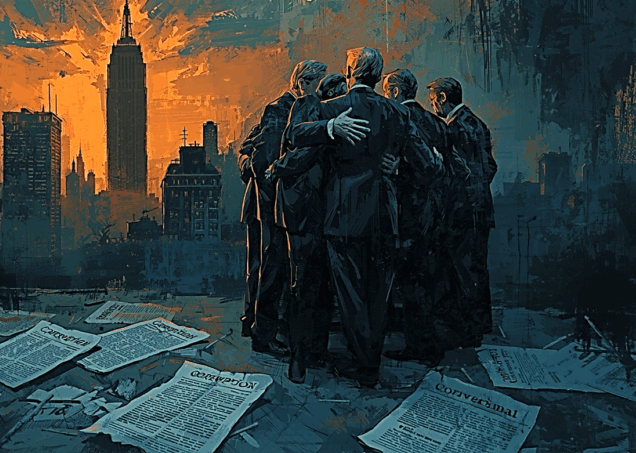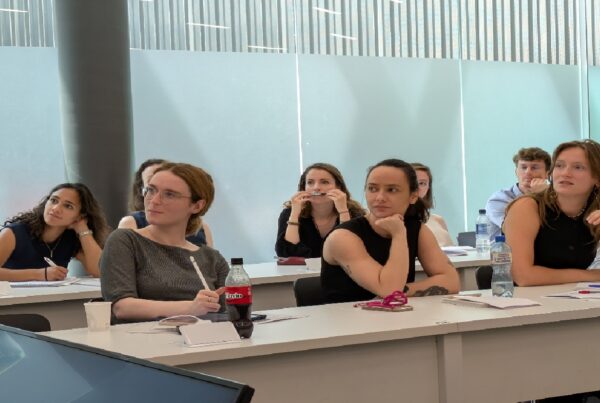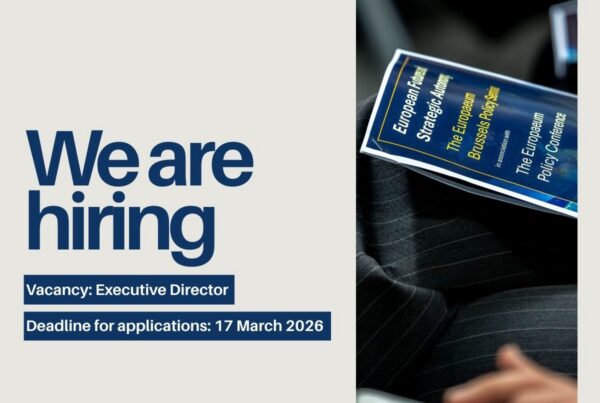
‘Scandal and Corruption’
Central European University in Vienna
27-29 January 2026
Scandal and corruption have long served as defining forces in politics, finance, and history. They shape the rise and fall of governments, the evolution of democratic institutions, and the distribution of economic power. From the patronage networks of early modern states to today’s complex webs of corporate influence and regulatory capture, corruption represents both a persistent challenge to governance and a lens through which to understand how power operates in society. Political scandals reveal the fault lines between public rhetoric and private interest and they expose gaps between democratic ideals and political praxis. Historically, major corruption scandals have catalysed significant political reforms. Yet corruption also adapts to new political and economic contexts, taking increasingly sophisticated forms in an era of global finance, complex regulatory environments, and blurred boundaries between public and private power.
Understanding scandal and corruption requires examining not only individual acts of misconduct but the broader political economies that enable or constrain such behaviour. This Europaeum Winter School will bring together master’s and doctoral researchers at Europaeum member universities to explore case studies and methodologies for that goal.
We invite applications from Masters and Doctoral students in all relevant disciplines who wish to join the discussions or to present a 15-minute paper based on their research. We especially welcome proposals for papers addressing the theme in relation to the following topics:
- Investigative journalism and corruption exposure
- Whistleblowing in the digital age
- Media coverage of political scandals, manipulation and scandal management
- Corporate malfeasance and accountability journalism
- Social media and scandal amplification
- Leaked documents and transparency
- Public trust and institutional credibility
- Conspiracy theories versus legitimate investigations
- Legal frameworks and press freedom
- Cross-border corruption investigations
- Public responses to corruption revelations
- Financial journalism and regulatory oversight
- Corruption narratives in authoritarian contexts
- The ethics of scandal reporting
- Gender, power, and #MeToo investigations
- Environmental scandals and media coverage
Please see our guidance for applicants and should you decide to apply, please download an application form, complete and return it to applications@europaeum.org. For more information about how to apply and about taking part in our events, please see our core activities’ webpage.
Applications should include the Europaeum application form, a brief CV, a statement of purpose (up to 500 words), and a reference letter from their supervisor or academic advisor.
Those who wish to submit a paper should also add a short abstract of the proposed paper (up to 500 words).
Deadline for submission of applications and abstracts: 18 October 2025.
For more information about how to apply visit: https://europaeum.org/programmes/events-activities/ .
Accommodation and board, as well as reasonable travel expenses to Vienna will be covered for those selected to attend the event.



